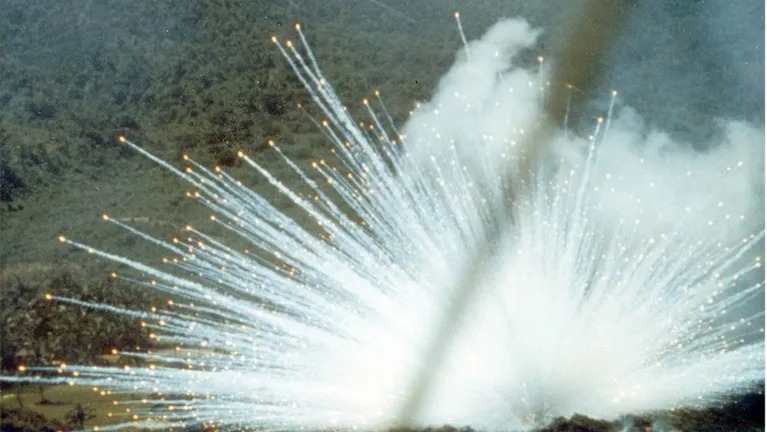Despite the recent development of these weapons, and despite the obstacles that hinder the regulation of their use in international law and the law of armed conflict, the rules of jihad jurisprudence control the use of these war tools, especially weapons of mass destruction, and specifically nuclear weapons. However, it should be noted that comparing the law of war and the jurisprudence of jihad is not an easy matter, and cannot be limited to comparing the rules of international humanitarian law (jus in bello) with the controls of warfare in Islam.
Islam is strongly concerned with the origin of the legitimacy of war (jus ad bellum) and the specifications of the ruler who carries it out, which is somewhat exceeded by legislators in international law, since most of today's wars are aggressive. Weapons are developing significantly in this era, and it is clear that they are the locomotive of modern technological progress. This requires expanding research into new types of weapons, in the age of artificial intelligence, drones, automation, and others. The seriousness of these contemporary uses of military technology requires strict control over them, which should lead to the development of the jurisprudence of jihad to the new substantiations.




Comments